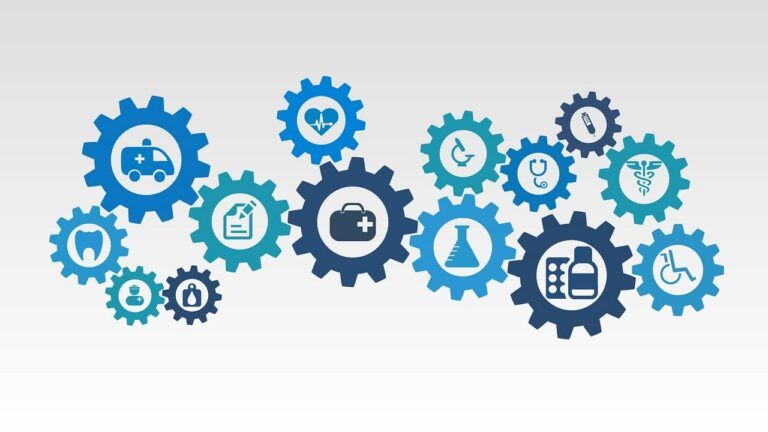The Role of Robotics in Surgery: Enhancing Precision and Minimizing Invasive Procedures
Robotic surgery offers numerous advantages, such as improved precision and accuracy during procedures. The use of robotic technology allows surgeons to perform complex surgeries with more control and dexterity than traditional methods. By utilizing robotic systems, surgeons can access hard-to-reach areas within the body with enhanced visualization, leading to better outcomes for patients.
Additionally, robotic surgery often results in shorter recovery times for patients. The minimally invasive nature of robotic procedures can lead to reduced pain and scarring post-operation. Patients typically experience less blood loss and a lower risk of infection compared to traditional surgery, contributing to a speedier recovery process. Overall, the benefits of robotic surgery not only advance the field of medicine but also improve the quality of care for individuals undergoing surgical procedures.
The Evolution of Robotics in Surgical Procedures
Robotic surgery has undergone a remarkable evolution since its inception. Initially introduced as a way to assist surgeons in performing intricate procedures with greater precision, robotics have now become a staple in many operating rooms worldwide. The early models of robotic systems were limited in their capabilities, but advancements in technology have led to more sophisticated machines that can handle a wider range of surgical tasks.
With the integration of artificial intelligence and enhanced imaging techniques, robotic surgery has revolutionized the way complex surgeries are performed. Surgeons can now execute delicate procedures with greater accuracy and control, leading to improved patient outcomes and faster recovery times. As robotics continue to advance, the future of surgical procedures holds the promise of even more precise and minimally invasive techniques that will benefit both patients and medical professionals alike.
How Robotics Enhances Precision in Surgery
Robotic surgery has significantly enhanced precision in surgical procedures by allowing for greater accuracy in movements and incisions. The advanced technology of surgical robots provides surgeons with a high level of control and visualization, enabling them to operate with enhanced precision at a microscopic level. Additionally, robotic systems offer magnified, high-definition 3D imaging that helps surgeons navigate delicate tissues and structures with increased accuracy, leading to more successful outcomes and shorter recovery times for patients.
Furthermore, the incorporation of robotic technology in surgery has minimized the risk of human error, as robots can execute repetitive tasks with consistent precision. The articulated arms of surgical robots can maneuver with a range of motion that surpasses human capabilities, ensuring that surgical instruments are precisely guided to the targeted area. By reducing the margin of error in surgical procedures, robotics has revolutionized the field of surgery by delivering enhanced precision, ultimately promoting safer and more effective treatment options for patients.
• Robotic surgery enhances precision by allowing for greater accuracy in movements and incisions
• Surgical robots provide surgeons with high levels of control and visualization
• Robotic systems offer magnified, high-definition 3D imaging for navigating delicate tissues and structures
• Minimized risk of human error as robots can execute repetitive tasks with consistent precision
• Articulated arms of surgical robots have a range of motion that surpasses human capabilities
What are some benefits of robotic surgery?
Some benefits of robotic surgery include improved precision, smaller incisions, reduced blood loss, less pain and scarring, shorter hospital stays, and faster recovery times.
How has robotics evolved in surgical procedures over time?
Robotics in surgical procedures have evolved from simple tools to sophisticated systems that offer surgeons enhanced visualization, dexterity, and control during complex procedures.
How does robotics enhance precision in surgery?
Robotics enhance precision in surgery by providing surgeons with a high-definition, three-dimensional view of the surgical site, as well as the ability to perform precise movements with greater accuracy and stability than human hands alone.







